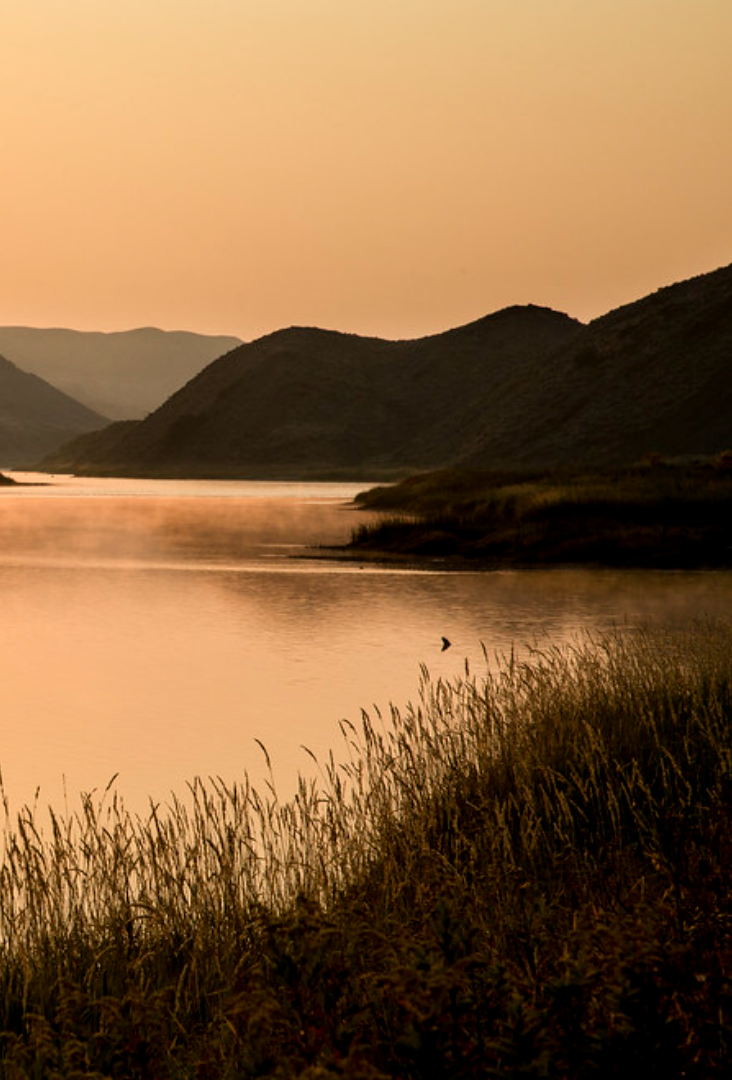New Madrid, Missouri
I. Mississippi River, Dec. 16, 1811
After midnight, cottonwoods are inconsequential teeth, ripped from the ground by the Mississippi River. An elm snaps like a bird’s neck: an egret. The current betrays every fluttering heart and rages on. A rock becomes sepulcher to the uprooted nest. The river could be less cruel, the winter, more forgiving. Someone could have conceived of this world, but for days, no one but a pair of swans bears witness to the earthquake. The strange earth frees itself into unimaginable fissures. The bank splits and pools into the tall prairie, the way a pail of milk might spill across an oak table. Even water will stain the strongest wood. Supposedly, there is quaking, waking what’s left of the neighbors, small animals that somehow survive. What is survival to the breathless that can’t forget? How long was the egret chick left flinching? There are traces of disruption here: feathers without blood, nests without eggs. Devoid of particular destination, another will roost again.
II. New Madrid, the second coming
A chimney falls, proof the “I” stood tall, then tumbled. Sand storms foul crops in sweeps of biblical measures. A farmer cries out, another. Or was it why – either, of desperation. A few families wait for locusts, a few more for blood. Is this the end? I might have asked, had I watched the river reverse its own current. Split rafters pierce the sky like the savior’s flesh. Surely, I would have prayed. Shingles spill like the broken teeth of those cottonwoods above. Someone is scared, someone fearless. I was both when I came across the open prairie for the first time. I can only imagine survival in a land where the sky is the only grounding force.
As a child, I witnessed the earth take back a leaf, then a bone, as if it made a mistake. Large men poured concrete, as if they couldn’t make one. I recited rhymes, navigated imagined seas before me: warning: red sky in morning. I thought of the stifled earth’s revenge and still, these men built grass hills over landfills, appearing along the horizon like threatening storm clouds.
The cellar floods and ruins dry grain and gleaned fields. The same tilled fields split to the sound of ripping gingham. The river changes course in one day. A father dies and his family mourns over the feast of salted pork from the spoiled cellar. The boy child cannot tell the meat from his tears.
III. That holy quaking, Feb. 7, 1812
In the aftermath of these earthquakes, a lake formed. Reelfoot Lake, its depth and lapping a consequence of the changing river. Real foot as if to make the water more human, the explorer less terrified. An oasis for young fawns to drink from in the sun-bleached summer to come, the river suggested after the storm. A man dared to dip his foot into the water and call it his.
There is a graph for the frequency in which the word “terrify” is used over time. “Terrify” peaked in the early 1800s, then sloped and sagged into present day. It is a possible indication that God used to smite our pioneering. There were terrors that made us pause and question our own alchemy. There was the vengeful earth and then, there was the man who believes retribution is a smoking gun.` I tell a man at a bar about the historic earthquakes that reversed the flow of the Mississippi. He does not believe me, and so I do not call them historic. Of course, midwestern earthquakes are unbelievable, how could they be considered history when they were so terrifying? And so I say, legend has it, to placate his fact-checking mind. I would have been terrified, I tell this man, thinking of the graph.
They say Dolly Madison felt the tremors all the way in the White House. Church bells rang and clanged in Boston. Nothing like this happens again. Nothing like this, east of the Rockies. Except for the mourning family, the cottonwoods left for dead, the bird a meal. I’d like to think if the prairie decided to split again, the land’s back finally breaking, I’d feel each tremor hundreds of miles away. I’d hear what’s left cry out. I’d like to think I would be terrified but know there are too many terrors polluting the way. I shudder at the smallest of deaths: a bird mistaking a window for another world.
Madeline Simms is a creative with midwestern roots. Currently based in Madison, Wisconsin, she is a recipient of the 2023 AWP Intro Award in Fiction and has received support from the University of Alabama, Sundress Academy for the Arts, among others. Madeline’s work is forthcoming/appears inIndiana Review, Poet Lore, Quarterly West, The Journal, and elsewhere.




